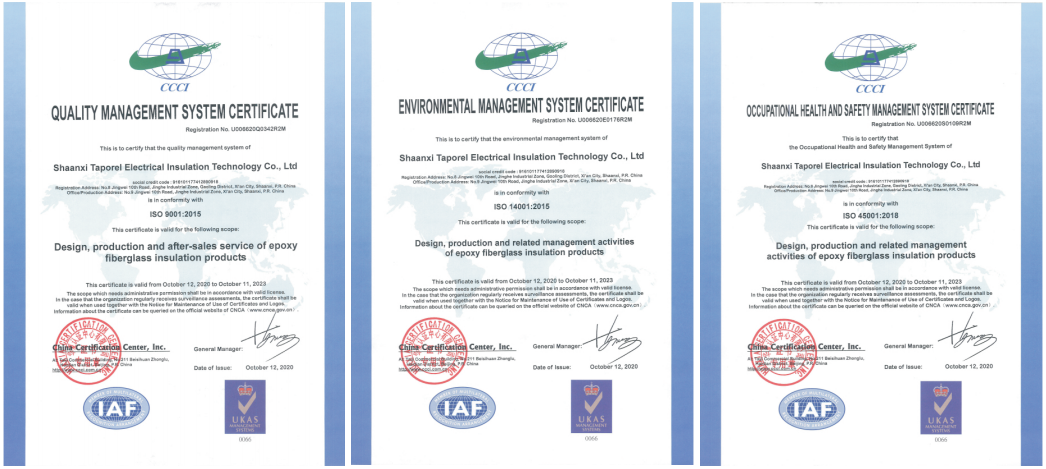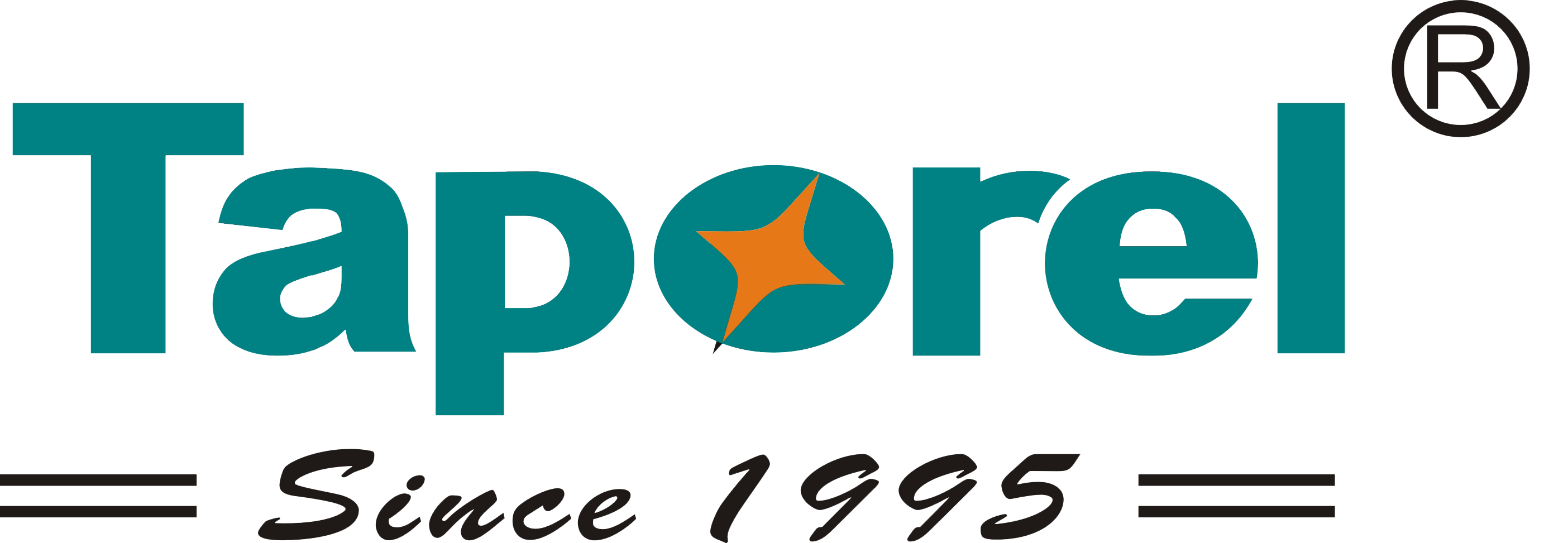What is the Composite Insulator Core Rod?
Composite Insulator Core Rod is an integral part of composite insulators and is used as a mechanical support and electrical insulation in high-voltage applications. The vast majority of it is made up of fiber-reinforced polymer (FRP) materials (e.g. glass fiber in an epoxy or resin matrix). The construction so obtained is noted for its excellent tensile strength, lightweight properties, and resistance to environmental stresses. A composite insulator being the load-bearing element of a composite insulator transmits mechanical forces and electrically isolates energized components from grounded components. The device is engineered to withstand extreme operational conditions, including high voltages, mechanical loads, temperature fluctuations, and exposure to environmental contaminants such as UV radiation, moisture, and pollutants. Usually, its surface will be coated or treated to improve bonding with the surrounding insulating material of silicone rubber and maintain the structure and dielectric property of the composite insulator.

Features
- Exceptional Tensile Strength:
Composite insulator core rods offer greater mechanical strength because they can withstand very large tension and any levels of mechanical load in high voltage systems.
- Non-Conductive Material:
They are made of fiber-reinforced polymers that offer excellent electrical insulation for preventing current leaks, and for ensuring their operational safety.
- Lightweight Design:
Because of the use of Advanced Composite materials, it is a lightweight structure which makes it easier to handle and install without losing performance.
- High Resistance to Fatigue:
The core rods are very resistant to mechanical fatigue and this brings performance reliability in very long operational periods under cyclic loading conditions.
- Enhanced Durability in Extreme Conditions:
These are engineered to withstand harsh environmental factors, UV radiation, high humidity, salt fog, and temperature extremes.
- Low Thermal Expansion:
Rods are dimensionally stable, have minimal expansion or contraction within the temperature range, and are satisfactory over variable climatic conditions.
- Strong Bonding with Insulating Material:
The surface of the core rod is optimized for a firm adhesion with silicone rubber or other outer insulating materials for better insulating overall performance.
- Corrosion-Free Construction:
Unlike metallic components, composite core rods are not corroded, and so are excellent for use in chemically aggressive, or coastal environments.
Application
- Suspension Insulators in Transmission Lines:
In suspension insulators, they function as the principal load-bearing element, supporting conductors while insulating from a high-voltage transmission system.
- Strain Insulators for Angle Towers:
In strain insulators, they are used to handle high tensile forces occurring at angle towers and tension points in the transmission and distribution networks.
- Railway Electrification Systems:
Insulators used for railway overhead lines of this type incorporate composite core rods, for mechanical stability and electrical insulation under dynamic and high vibration conditions.
- Lightning Arrester Supports:
Mechanical strength and insulation for parts of lightning arresters inside of electrical systems that protect electrical systems from voltage surges.
- Switchyard Equipment Insulators:
Switchyard insulators use core rods to insulate high-voltage equipment and add mechanical stability in limited, space-constrained layouts.
- Composite Crossarm Insulators:
They are used in composite cross-arm insulators in distribution networks as lightweight corrosion-resistant structural elements replacing traditional materials.
- High-Voltage Testing Equipment:
In specific applications using high voltage as part of a testing setup, composite core rods are utilized in specially designed insulators, guaranteeing precise insulation and mechanical reliability in laboratory environments.
Are you interested in our products? Or would you like to receive customized services and solutions? Please let us know at info@taporel.com

